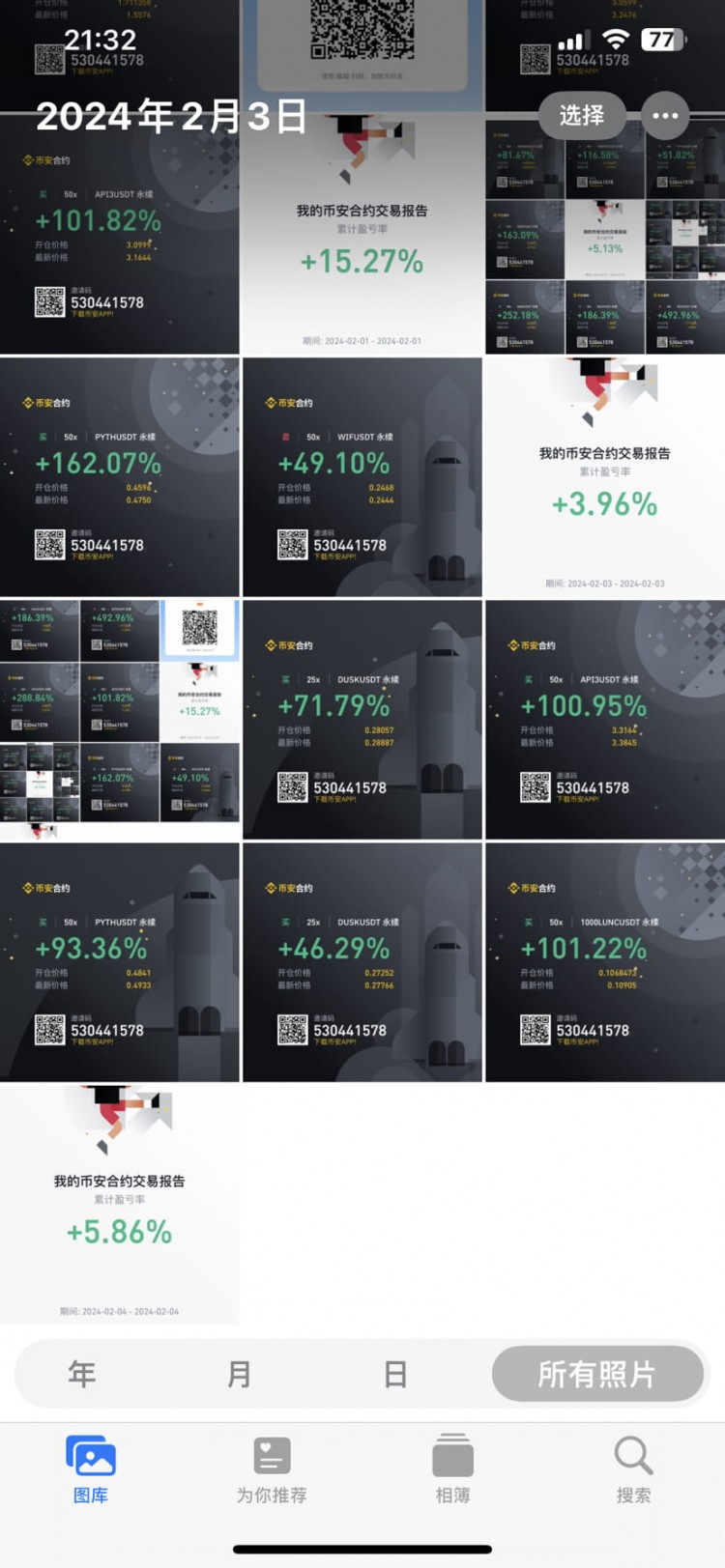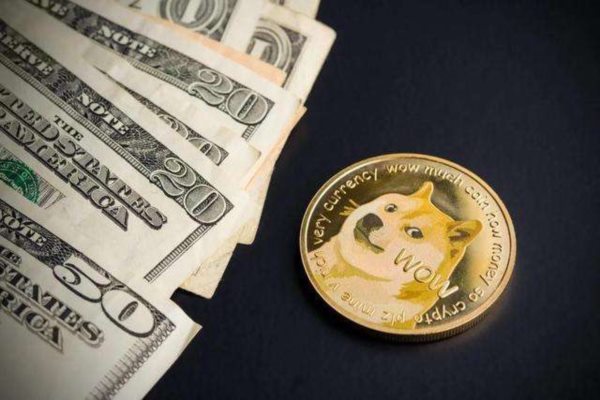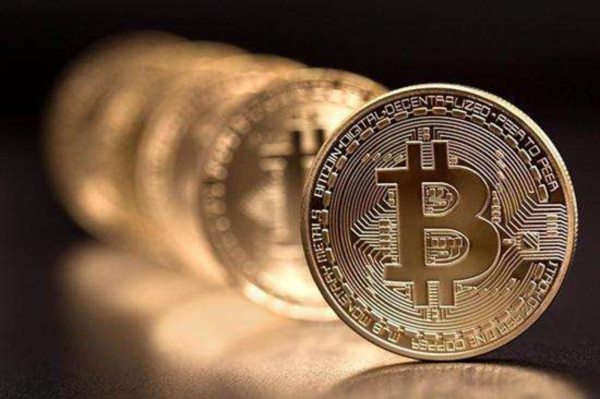时间:2024-03-27|浏览:281
In Ripple Labs’ ongoing legal battle with the U.S. Securities and Exchange Commission (SEC), the regulator has advanced its position by filing a motion seeking remedies and a final judgment, which specifically includes a request for a $2 billion fine against Ripple.
Pro-XRP attorney Fred Rispoli, founder of HODL Law, provided a detailed analysis of the SEC’s motion through a series of comments on X (formerly Twitter). Rispoli's analysis provides an inside look at the potential outcomes and strategies at play.
“The#XRPcommunity SEC’s motion for judgment has been publicly filed. In short: the SEC is following the playbook I outlined two months ago,” he noted, both reflecting the predictability of the SEC’s actions and underscoring the challenges facing Ripple Serious situation.
SEC puts Ripple in trouble
Rispoli’s analysis highlighted several key points in the SEC filing, specifically the claim that Ripple was offering deep discounts on XRP sales to certain institutional buyers. The SEC believes that Ripple marketed investors to two groups of institutions but provided one group with a significant discount on the price of XRP, while the other group did not receive this treatment.
According to the SEC, this practice not only distorts the interests of some institutional sales investors, but may also put retail investors at a disadvantage. The attorney praised the agency for the tactical move.
Rispoli said: “The SEC has realized that it needs to show how investors were actually harmed. Ripple has pointed out that the SEC’s motion is full of mischaracterizations. Let’s hope that Ripple’s claims are correct, because the situation painted by the SEC is Ripple has a poor image and provides justification for those who believe that the reason for the low XRP price is that Ripple is offering significant discounts on XRP sales.”
At the same time, he expressed concern about these disclosures, stating: “If the discount is large enough, then institutional buyers (like GSR) get incredible discounts and own large amounts of XRP, they can continue to make astronomical profits For sale." He pointed out that Ripple's actions may create an imbalance in the investment landscape.
Additionally, Rispoli revealed the SEC’s characterization of Ripple’s business practices, specifically the company’s continued sales of XRP as its primary source of revenue despite heightened legal scrutiny. He explained that "the SEC asserts that financial discovery it received through a court order shows that this is undoubtedly a major source of revenue for Ripple," which raises questions about Ripple's reliance on these sales in the ongoing litigation. Key insights.
At the same time, the document also revealed that Ripple is still signing contracts with institutional buyers. Since the XRP lawsuit began in December 2020, the company has signed 80 contracts.
Pro-XRP Lawyer Predicts Two Possible Outcomes
The categorization of Ripple’s On-Demand Liquidity (ODL) transactions represents another key aspect of Rispoli’s analysis. Whether these transactions constitute illegal sales or legal determinations as permitted by law is an important factor that may affect Ripple's operational freedom.
“The stakes are very high here,” Rispoli asserted, adding: “We have to hope that Ripple has sufficiently changed its business practices to adapt to the Torres ruling.”
The potential consequences of the SEC's motion are far-reaching, and Rispoli speculated on the possibility of a settlement. “This motion has significant consequences,” he assessed, with two possible outcomes:
The first is that the court awards a lower amount and is favorable to Ripple, which may lead to a 40% probability of a final settlement. Another possibility is that the court rules in favor of Ripple but against it in other respects, potentially leading to a higher likelihood of the case being appealed to the Second Circuit. #Ripple #SEC









